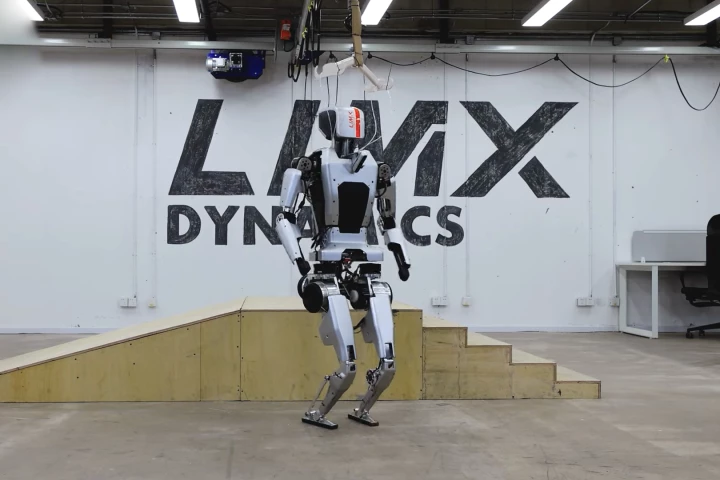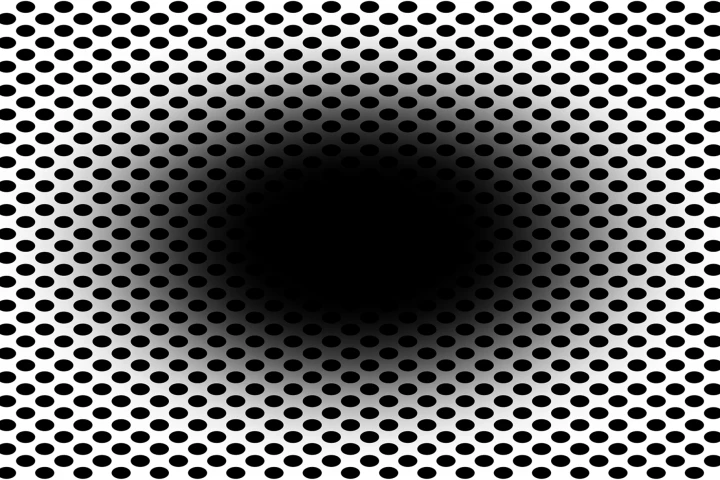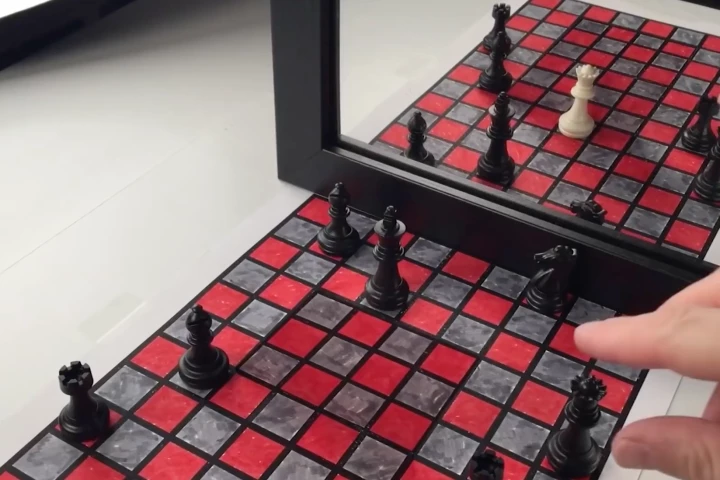Perception
-
Blinking isn’t just about keeping eyes moist. New research suggests we blink less when listening becomes hard, with each pause reflecting increased focus. The findings hint that blinking may track how hard our brains are working to listen among noise.
-
In a first, scientists believe they have confirmed we have another sense – a “remote touch” that we share with others in the animal kingdom, like some shorebird species that can sense prey beneath sand without seeing or touching it first.
-
Instead of equipping its sharp-looking GR-1 general purpose humanoid with a full next-gen sensor suite including such things as radar and LiDAR, Fourier Intelligence's engineers have gone vision-only.
-
When we last heard from LimX Dynamics, the Chinese robotics firm was showing off a quadruped robot that could walk on legs or roll on wheels. The company has now released a video of its new humanoid robot, which can autonomously climb stairs.
-
Before you hop on your next Zoom call, you might want to tailor your background in a very particular way, says a new study. Doing so could make everyone else on the call perceive you as being more competent – whether or not you really are.
-
Reading someone’s facial expressions or body posture is important for understanding their personality, emotions, motivations, or intent. But can dogs draw information from faces and bodies like we do? A new study has provided the answer.
-
When you view the image above, does it look like black smear in the center is expanding? If it does, that means you're like most people – and your brain may even think that you're entering a tunnel, adjusting your eyes accordingly.
-
An innovative anamorphic illusion has taken the top prize in the annual Best Illusion of the Year contest. Twisting minds for 17 years the contest highlights the ways our brain can be tricked using simple perceptual illusions.
-
A tiny brain lesion can shift a person's reality in bizarre and tragic ways, and their ability to describe their condition can lead us toward a fuller understanding of how our complex mental processes work. Here's another oddity to put on the pile.
-
Austin-based game developer Frank Force has won the Best Illusion of the Year prize for his mind-bending yet simple animation of twisting rings that seem to be rotating in different directions simultaneously.
-
The subjective sense that time moves faster as we get older is a universal one, and over the years scientists have proffered a number of different explanations as to why this happens. A new and strange hypothesis attempts to explain the phenomena, and it has to do with our aging brains.
-
The mysteries of human perception are endlessly fascinating. For over a decade the Neural Correlate Society has been running an annual competition celebrating the best new perceptual illusions, and the 2018 winners are sure to short-circuit your brain … in the best possible way.
Load More











